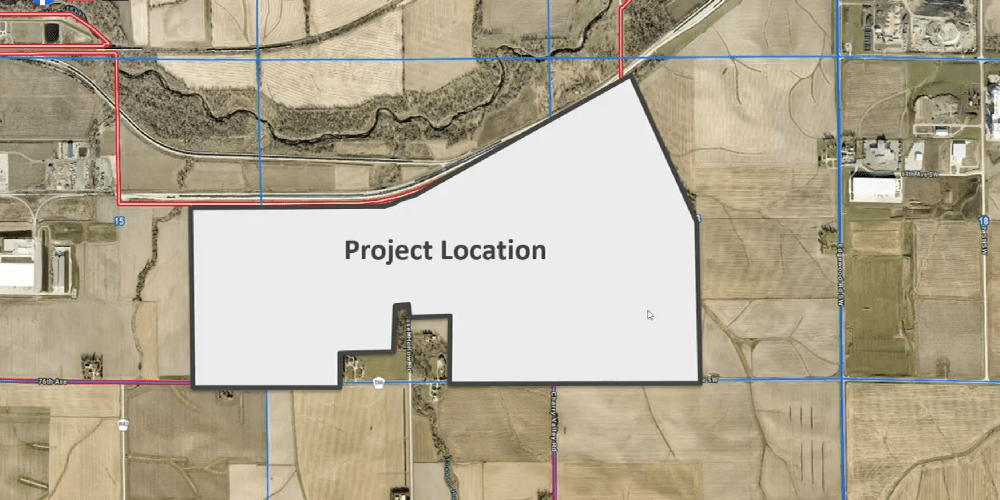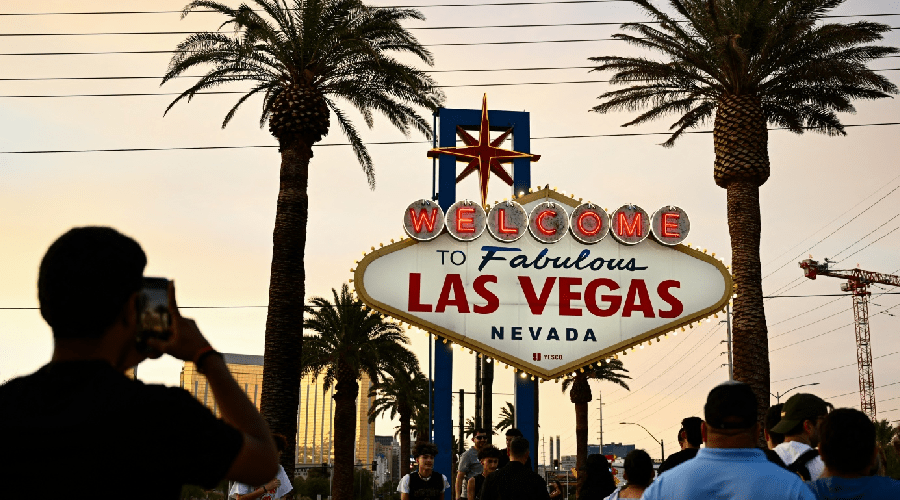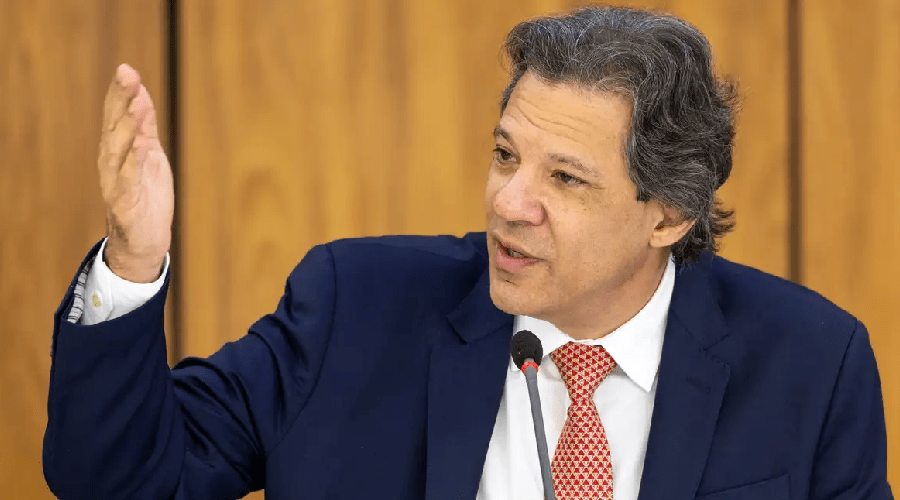Cedar Rapids developers swiftly move forward with a groundbreaking event, revealing plans for a late 2026 opening.

Following the green light from state regulators, the developers of a casino in Cedar Rapids celebrated with a groundbreaking ceremony and outlined the timeline for construction.
On Friday, February 7, developers Peninsula Pacific Entertainment (P2E) and the Linn County Gaming Association (LCGA) celebrated a significant milestone with a groundbreaking ceremony at the location of P2E’s newly approved casino in Cedar Rapids.
Stakeholders have revealed that the Cedar Crossing Casino and Entertainment Centre, with a budget of $275 million (£221.6 million/€266.2 million), is set to open its doors on New Year’s Eve 2026. The establishment is set to include 700 slot machines, 22 gaming tables, a venue that can accommodate 1,500 people, and a STEM lab designed for children. Work is set to commence on Monday, February 10th. A substantial 8% of net adjusted gross revenue is set to be allocated to local non-profits, significantly exceeding the state minimum requirement.
Among the attendees on Friday were P2E chair Brent Stevens, LCGA president Anne Parmley and Cedar Rapids mayor Tiffany O’Donnell. For over ten years, all three have been strong supporters of the initiative.
“We’ve been in the wonderful state of Iowa for more than 25 years, establishing three top-notch facilities in Dubuque, Northwood, and Sioux City, and now we find ourselves in Cedar Rapids,” Stevens stated, according to the Corridor Business Journal. “This is going to be the best one yet. Increased facilities, additional opportunities to engage with this community, and more venues for enjoyment. We assure you that this advancement will fill you with immense pride.
License granted after three attempts
The event occurred merely a day following the approval of the licence by the Iowa Racing and Gaming Commission (IRGC). The decision passed with a vote of 4-1, with commissioner Alan Ostergren standing alone in opposition. Ostergren, an attorney, has expressed his opposition to the project, referencing earlier legal challenges as the basis for his stance, as reported by the Iowa Capital Dispatch.
On Thursday, the IRGC approved the Cedar Rapids proposal for the third time. Earlier requests faced rejection because of concerns regarding potential competition with current facilities. Iowa, home to 3.2 million residents, boasts a total of 20 commercial casinos alongside four tribal establishments.
This time, the issue of cannibalisation emerged once more as a significant concern. Recent analyses conducted by Marquette Advisors and the Innovation Group indicate that Cedar Crossing is projected to generate around $60 million in new gaming revenue, along with an estimated $10.5 million in additional tax revenue for the state. They also warned that a large portion of the casino’s revenue would be siphoned from existing licensees.
For years, state casinos have expressed strong opposition for that reason, yet their efforts have yielded no results. One of the most significant challengers was Riverside Casino & Golf Resort, anticipated to experience the largest decline in revenue. The distance from the Cedar Crossing site to Riverside Casino & Golf Resort is approximately 40 miles. The Riverboat Foundation, responsible for the casino’s licence, has referred to Cedar Rapids as “a big bully” during the entire process.
Following the ruling, O’Donnell expressed, “The residents, business leaders, nonprofits, and surrounding communities of Iowa’s second-largest city have finally been granted the opportunity they have long pursued.” Cedar Crossing is set to generate additional revenue for the state while attracting new visitors annually – a clear advantage for all Iowans.
A swift and significant moratorium was on the horizon.
In addition to securing the endorsement from the IRGC, P2E and the LCGA faced the challenge of enduring a five-year freeze on state gaming licenses. House File 144, put forward by representative Bobby Kauffman, aimed to impose a retroactive ban on new gaming licenses for the remainder of the decade. The inclusion of further language would have imposed new licensing requirements, thereby hindering any potential applications from Cedar Rapids in the future.
Legislators had earlier put in place a temporary halt that came to an end last July. Kauffman hurried to propose a temporary halt during the final days of last year’s session, but it faced delays in the senate. Throughout the summer, it became widely recognised that a new proposal for a moratorium was on the horizon. This year, HF 144 swiftly moved through the house and seemed to be building significant momentum. However, that progress came to an abrupt halt on 3 February.
Senator Ken Rozenboom, the chair of the senate state government committee, has decided to withdraw the bill, citing insufficient backing from his fellow senate Republicans. “In the interest of moving this session forward to other issues of critical importance to Iowans, I have no plans to reconsider the legislation for the remainder of this session,” he said, per the Gazette.
The unexpected demise of the bill opened up opportunities for Cedar Crossing, allowing state regulators to turn the vision into a tangible outcome.













